State of emergency: Chicago residents speak out about Puerto Rico’s earthquake
People take pictures of the Immaculate Concepcion Catholic church hours after a magnitude 5.9 earthquake, following a previous earthquake earlier in the week collapsed part of the church in Guanica, Puerto Rico.
Following the 6.4 magnitude earthquake that struck Puerto Rico on January 7, about 60,000 residents are left without power and over 4,000 people are now living in shelters, causing the island to experience the worst earthquake damage in decades.
Karina Cruz Pagán, a Puerto Rican student at The Chicago School of Professional Psychology, was visiting her immediate family in Caguas, Puerto Rico for the holidays at the time of the earthquake.
“At 4:24 a.m. I woke up from the movement of my bed – my door and my mirror were moving with an intensity I had never witnessed before,” Pagán said. “Later it happened again – there was another one at 7:20 a.m. with a 6.0 magnitude.”
The 6.4 magnitude earthquake hit the southern part of the island. Towns like Guayanilla, Guánica, Sabana Grande, Yauco, Ponce and Peñuelas were heavily affected as they sit near the epicenter.
The next day, Gov. Wanda Vazquez declared a state of emergency and President Donald Trump signed an emergency declaration, authorizing the Federal Emergency Management Agency to provide the necessary assistance and resources to the impacted regions.
Pagán said Puerto Ricans are living in shelters and residents are without electricity since 4:24 a.m. on the day of the earthquake.
“One way or another, the whole island is affected by this. Even those away from Puerto Rico are suffering emotionally,” Pagán said. “Puerto Ricans are anxious, it’s a horrible uncertainty. Hurricane Maria left residents recovering from the experience.”
Hurricane Maria, a category four hurricane that impacted the island on September 2017, killed approximately 2,975 residents and leaving Puerto Ricans to suffer from post-traumatic stress disorder.
Ebony Calderon, 19, a Puerto Rican and freshman at DePaul University, said she was living in Puerto Rico at the time of the hurricane.
“It was horrible,” Calderon said. “My generation hadn’t seen anything like that and when the earthquake occurred, we thought it was going to be María all over again.”
A year after Maria more than one-fifth of residents on the island needed and received mental health services, while 13 percent said they started a new or higher dose of prescription medication to ease emotional complications. The emotional impact on the storm caused a spike in suicides, drug use and domestic violence in adults.
Calderon said Puerto Ricans were still recuperating from María when the earthquake shook the island.
“People say the island is doing better but actually the island hasn’t recovered.” Calderon said. “I see my friends videos on Snapchat and their afraid. Everyone has PTSD from María – we haven’t been over it and the government is not helpful when it comes to that.”
Joe Tafoya, a Political Science professor at DePaul, was visiting San Juan days after the earthquake for the Southern Political Science Association conference.
“The whole time I was there, there was no mention, no response, in the way the federal government is going to help,” Tafoya said. “Nothing at all, the United States is not prioritizing Puerto Rico. I like to think that Puerto Ricans are U.S. citizens and are equal to us but I don’t think the U.S. government thinks that.”
While in Chicago, nonprofit organizations like The Puerto Rican Agenda of Chicago are calling local and national leaders for action.
In a press conference held in Humboldt Park, Iris Martinez, Illinois state senator and resident of Albany Park, said that as Puerto Ricans and as a community, they need to show the island they are offering the support they need.
“Our call to action is making sure that our congressmen and senators are making sure the resources are getting to Puerto Rico in a very quick manner,” Martinez said. That should be the priority of congress at this time around.”


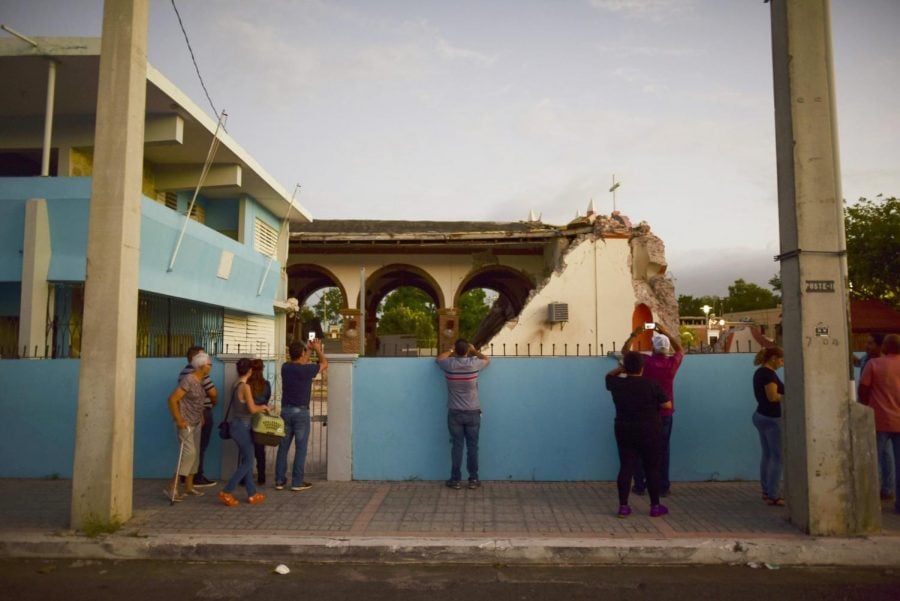




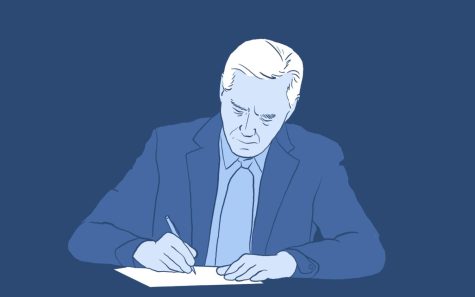
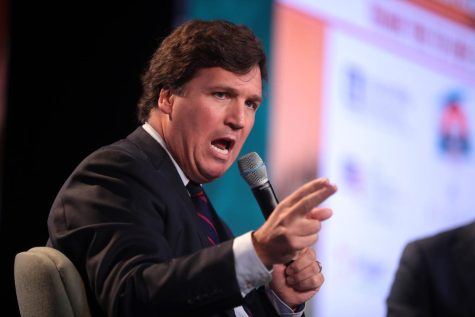
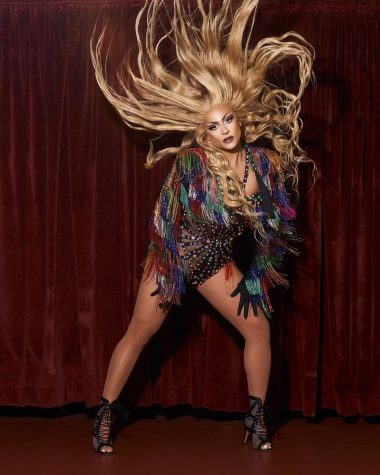
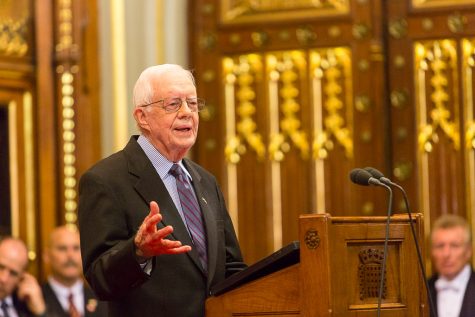
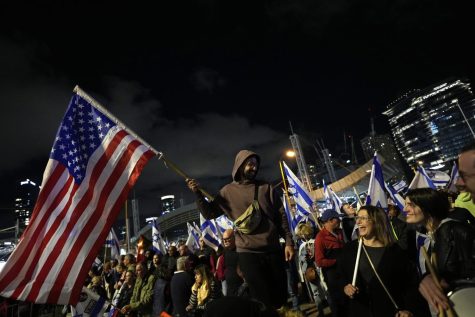
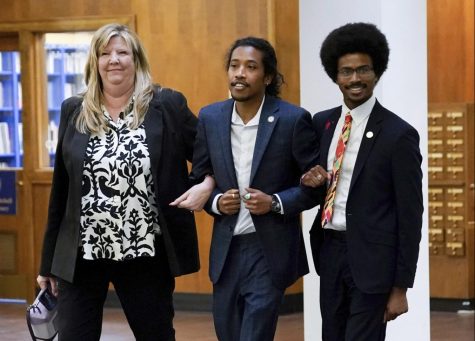
Melba Gaitan • Jan 24, 2020 at 7:51 pm
Great job ?